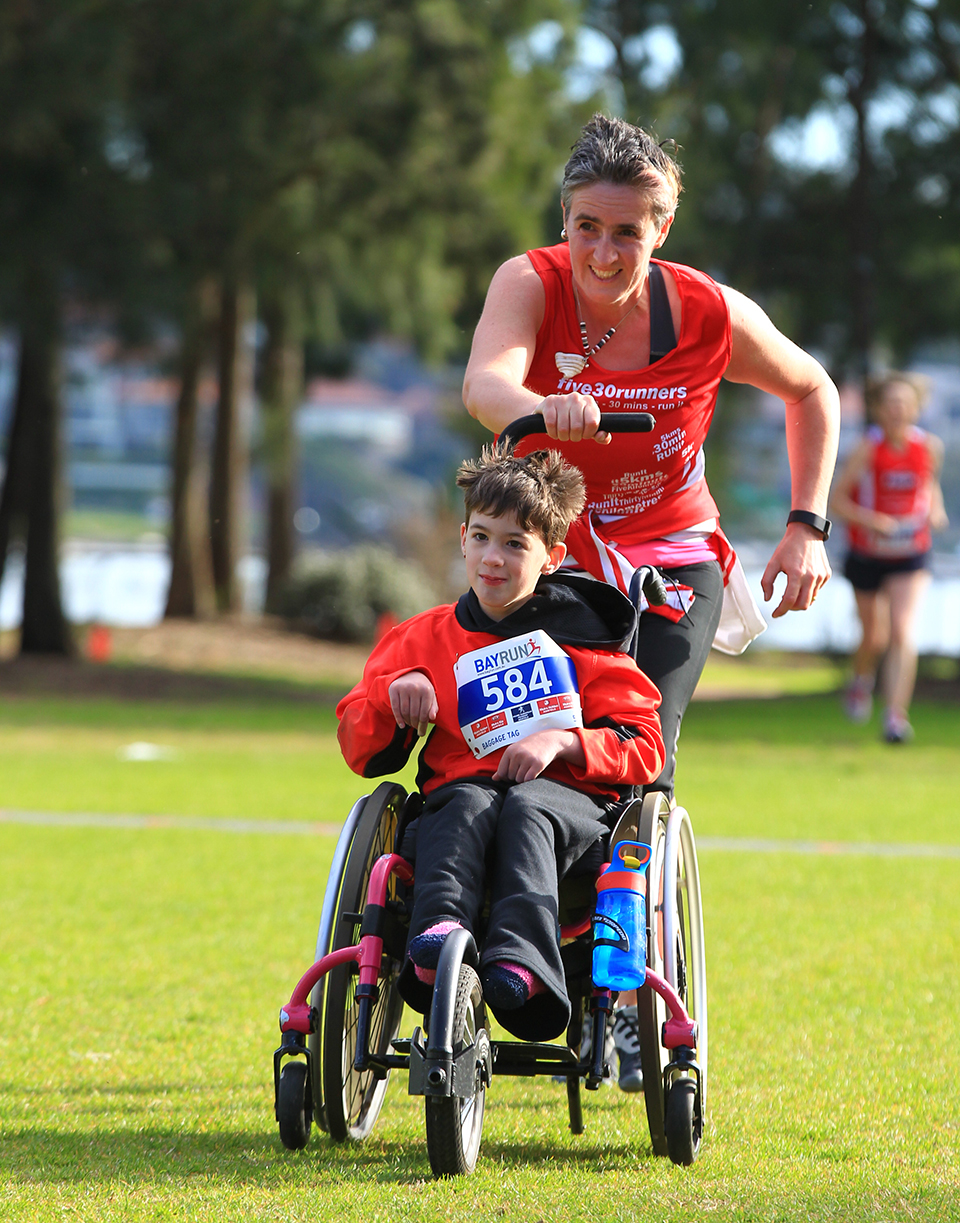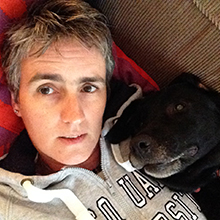Access NDIS
Today the call came, and my children are officially participants in the NDIS, and so it begins. The scheme will need refining and tweaking, but I am optimistic the NDIS will deliver on its promises and cater for my children’s needs, and support their increased inclusion into society.
But now, the rest of the country needs to “get with the program”. Because while we are ready for the NDIS, I don’t think Australia is ready for us. Australian society remains fundamentally inaccessible to my kids.
We all go about our daily lives without giving a second thought to the physical accessibility of our built environment. All that changes when you spend some time with someone who has limited mobility.
Getting out of the house, getting to school, going to the local shops or the shopping centre, going to see a movie, catching a bus, going on holiday. You take it for granted. For us, they are complicated and challenging expeditions that require extensive planning. Let me give you some snippets.
While the Department of Education, my local council and the Roads and Maritime Services (NSW) squabble over responsibilities and regulations, I still struggle to find a safe parking spot to unload my daughter and her wheelchair at the local primary school. More than half our local shops, many recently renovated, have steps at the entrance, effectively locking us out. That whole hanging-out-at-the-shops-after-school thing that most kids do is almost impossible when all but the local fast food outlet have steps to get in.

Even when we can get into a shop, we often can’t access it properly. On the weekend we went to a supermarket – and my son could not get his wheelchair through the checkout. We often walk out of shops with crammed aisles empty handed – if a shop or restaurant is not accessible we won’t be spending our money there.
Access goes beyond physical entry. Would you go out for a day knowing you cannot use the toilet anywhere all day? Imagine if there were no baby change facilities and your baby would need to stay in a soiled nappy all day. Would you go out for the day? There are no adult change facilities, so when I visit my local shopping centre, I am forced to change my daughter on a filthy toilet floor, something which is not only disgusting but, as the floors are generally tiled, the hard surface actively hurts her, even if we use padding between her and the floor.
You probably take your children to events into town regularly in the school holidays. If the event is accessible and has appropriate facilities, we struggle to get there, since travelling comes with another whole set of access issues. Buses are inherently dangerous for my kids – come and travel with us and see the terror or their faces while they hold on for dear life to contain their rolling wheelchairs as the bus driver tears around a corner or slams his breaks. Air travel is a never-ending lottery – will we be allowed to take the chairs to the door of the plane? Will there be an on-board wheelchair to take them to the toilet? Will they even be allowed to fly? See, we have two kids that use a wheelchair, and many of the cheaper airlines have a two-wheelchair limit – it only takes one other traveller with mobility issues and we can not even book a ticket.
The importance of access can also be seen in the minute detail of daily lives. Most of you can remember going to your friends’ houses after school. If you are a parent, you will have hosted numerous play dates. My 10 year old socialite daughter has been invited to about five of them since she attended school (she is in Year 4). The kids like her. The parents like her. No one is being nasty or mean. They just don’t know how to make it work – most houses in Sydney are simply not accessible. As a result, my daughter simply does not get invited to playdates.
And while physical access is vital, there is also the more subtle social access. At worst I have been scolded that I should leave “those type of kids” at home, and at best been lauded that “oh, but it is so good of you to take them out”. Both statements are equally offensive and hurtful to my children – who fully understand the denigrating intention behind such words and sentiments. My daughter, a shopaholic like the best of them, has on numerous occasions asked to go home because she is utterly sick and tired with people staring at her, people ignoring her at the checkout, or when ordering food and approaching me to ask “what would she like?”.
So, the NIDS has arrived. My children will now have their therapy and equipment needs met to be better able to access the community. But unless the community significantly ramps up its accessibility (see what I did there?) and people change their attitudes towards people with disability, we will still not have achieved my children’s, or society’s, full potential.


Join the conversation